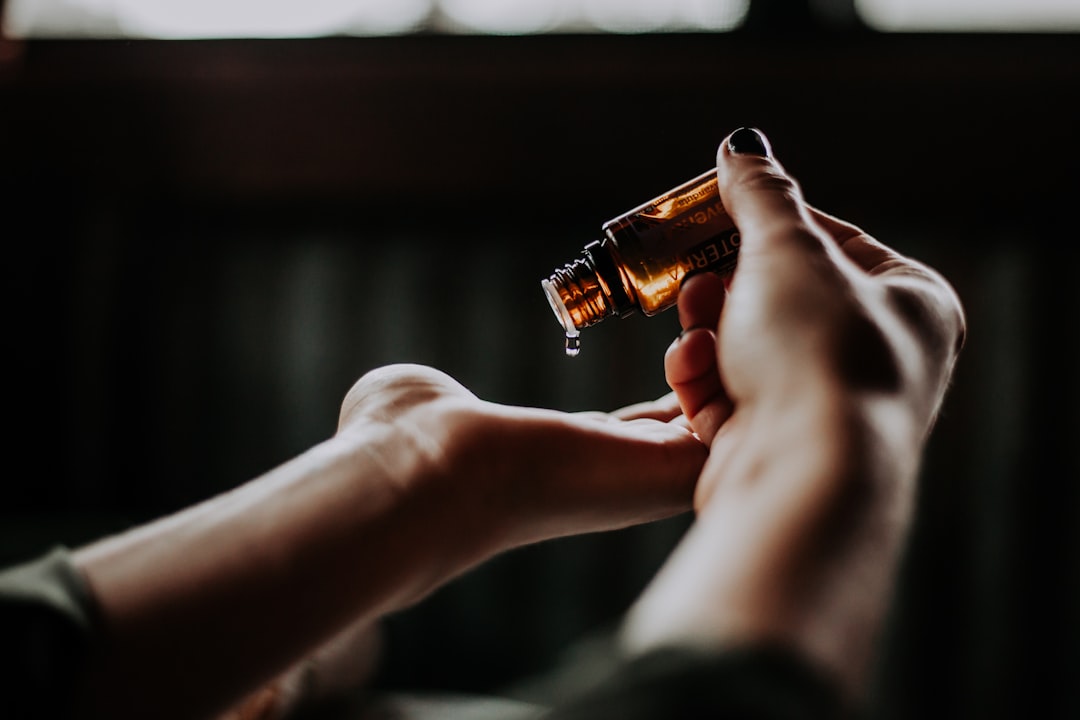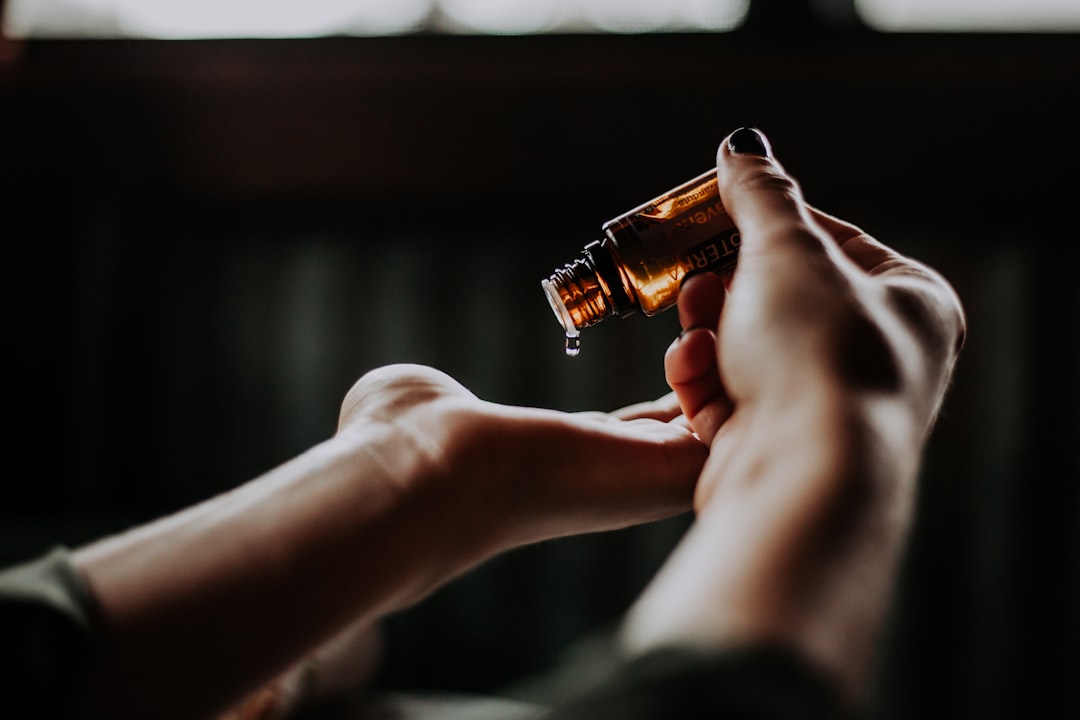Inconsistent regulations in Kansas City, MO, allow unlicensed practitioners, unsanitary conditions, and massage abuse to proliferate. Massage abuse law firms advocate for uniform, stringent health and safety protocols to protect consumers and promote fairness. These firms assist victims, navigate laws, and collaborate with local communities to pressure authorities into implementing stricter regulations, making the city safer for wellness services.
In Kansas City, MO, the lack of comprehensive regulation in the massage spa industry has led to a prevalence of massage abuse cases, leaving clients vulnerable. This article delves into the pressing need for better regulation, exploring gaps in current laws and their impact on victims. We examine the role of massage abuse law firms in Kansas City, MO, and propose reforms to enhance safety standards, including coalition building with local communities. By addressing these issues, we aim to revolutionize the industry and protect clients from potential harm.
Understanding Massage Spa Regulation Gaps in Kansas City

In Kansas City, Missouri, the regulation of massage spas has historically presented notable gaps that can lead to potential risks for both clients and practitioners. Despite state laws addressing certain aspects of spa operations, local oversight varies across different areas within the city, leaving a patchwork of regulations in its wake. This inconsistency often results in inconsistent standards of care, with some neighborhoods having stricter guidelines on health and safety than others. As such, it’s not uncommon for massage abuse instances to occur due to inadequate oversight, including unlicensed practitioners, unsanitary conditions, and unethical business practices.
Law firms specializing in massage abuse cases in Kansas City MO have noted these regulatory shortcomings and are advocating for more comprehensive legislation. Their efforts aim to establish uniform standards across the city, ensuring that all massage spas operate under the same stringent health and safety protocols. Such reforms would not only protect consumers but also promote fairness among legitimate businesses by holding everyone accountable to the same high legal and ethical standards.
The Prevalence of Massage Abuse and Its Impact on Clients

Massage abuse is a growing concern in Kansas City, MO, and across the nation. Despite the therapeutic benefits of massage therapy, there are reports of clients being subjected to inappropriate and harmful behavior from massage therapists. This includes sexual assault, harassment, and even exploitation. Such incidents not only cause severe emotional distress but also create an unsafe environment for vulnerable individuals seeking relaxation and relief from pain.
The impact of massage abuse extends beyond the immediate victim. It erodes public trust in the industry and can lead to negative perceptions about massage spas. This issue demands attention from both regulatory bodies and law firms specializing in massage abuse cases in Kansas City, MO. By implementing stricter regulations and holding therapists accountable for their actions, the community can ensure a safer and more ethical practice of massage therapy.
Legal Options for Victims: Exploring Massage Abuse Law

Victims of massage abuse in Kansas City, MO, have legal options available to seek justice and compensation. The first step is to understand the relevant laws and regulations governing massage spas. Many states, including Missouri, have specific statutes addressing professional misconduct and consumer protection in the wellness industry. These laws often enable victims to take legal action against massage spas and their employees for negligence, assault, or sexual misconduct.
Massage abuse law firms in Kansas City specialize in these cases and can guide victims through the process. They help identify potential violations of state laws and local ordinances related to spa regulations. By thoroughly reviewing the circumstances surrounding the incident, these legal experts can determine whether a case has merit and advise clients on the best course of action, including filing lawsuits or pursuing criminal charges against perpetrators.
Building a Coalition: Partnering with Local Communities

Building a coalition is a powerful strategy to advocate for better regulation of massage spas in Kansas City, MO. Local communities play a pivotal role in this movement. By reaching out and partnering with neighborhood associations, religious groups, and concerned citizens, we can create a united front against any form of massage abuse. These collaborations ensure that our efforts are not only well-informed but also widely supported.
Massage abuse law firms in Kansas City MO have already seen the benefits of community partnerships. Together, we can educate the public about red flags to look out for, share resources, and amplify each other’s voices. Such collective action will put pressure on local authorities and policymakers to introduce and enforce stricter regulations, making the city a safer place for everyone seeking relaxation and wellness services.
Proposed Reforms: Enhancing Safety Standards for Spas

In advocating for better regulation of massage spas in Kansas City, MO, one of the key areas of focus should be enhancing safety standards. This includes implementing stricter guidelines on spa operations and employee training to prevent instances of massage abuse. Law firms specializing in this domain can play a pivotal role in proposing reforms that ensure spas maintain proper hygiene, use licensed and trained therapists, and have clear protocols for addressing customer complaints or inappropriate behavior.
Proposed reforms should also mandate regular health inspections and safety audits, especially for establishments with a history of issues. By raising the bar for spa standards, these measures aim to protect clients from potential harm while promoting ethical business practices. Such initiatives are crucial steps towards fostering a safer environment for everyone involved in the massage industry within Kansas City MO.






